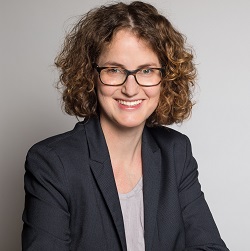
AMERICAN & COMPARATIVE POLITICAL BEHAVIOR WORKSHOP
Abstract: How do rules for political office affect who decides to run for office? We explore how different types of potential citizen candidates (pro-social vs. rent motivated) value and trade off public office rules dimensions and how it influences the quality of the candidate pool. We use a factorial experiment across 10 low, middle and high income countries and randomly vary hypothetical rules for actual local public office and study their effects on the desire of respondents to run. We find that both higher wages and spending transparency increase individual willingness to run for local office. In contrast, stricter disclosure rules and longer working hours do not deter citizens from running. Moreover, local office rules do not affect candidate quality or representation gaps between respondents who are willing to run and those who are not. Our results have implications for the design of political institutions, political representation, and the micro-foundations for political selection.
Heike Klüver is Full Professor and Chair of Comparative Political Behavior at the Humboldt-Universität zu Berlin and Spokesperson of the DFG Research Training Group DYNAMICS. She previously held positions as Full Professor and Chair of Comparative Politics at the University of Hamburg, as Professor of Empirical Political Science at the University of Bamberg, as Junior Professor at the University of Konstanz and as a Postdoctoral Research Fellow at Nuffield College at the University of Oxford. She received her PhD from the University of Mannheim. Professor Klüver’s research focuses on political behavior, electoral competition and governmental policy and relies on quantitative and experimental methods.
This workshop is open to the Yale community. To receive announcements and invitations to attend, please subscribe at https://csap.yale.edu/american-comparative-political-behavior-workshop.
The series is sponsored by the ISPS Center for the Study of American Politics and The Whitney and Betty MacMillan Center for International and Area Studies at Yale with support from the Edward J. and Dorothy Clarke Kempf Fund.
